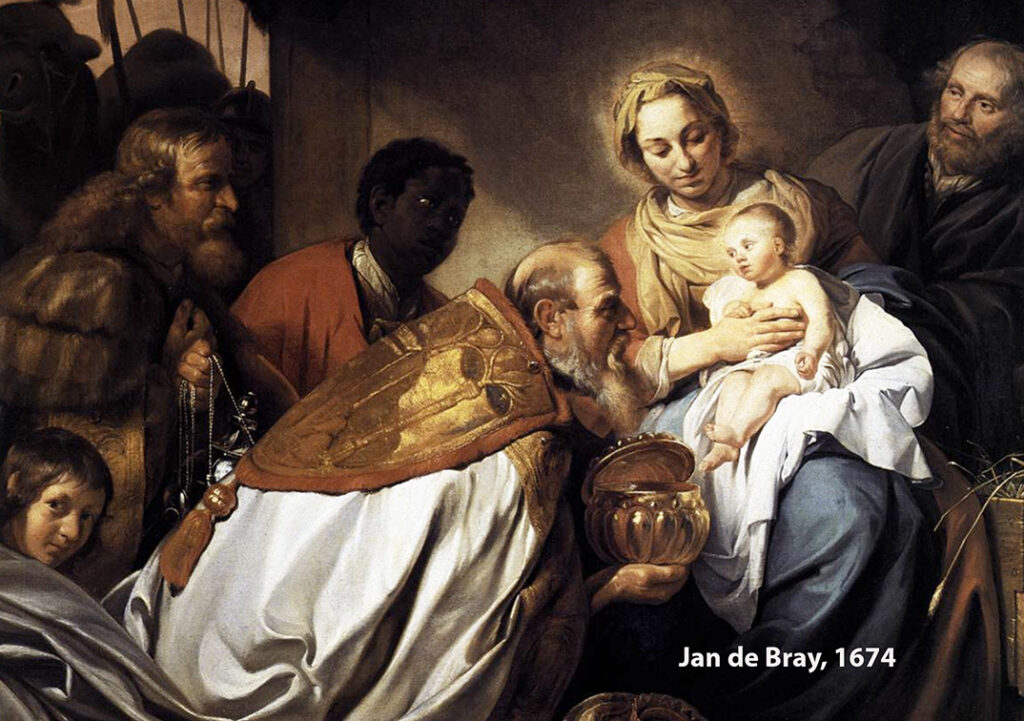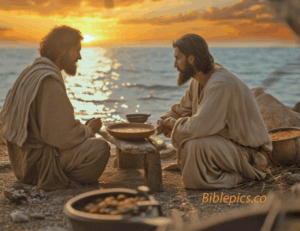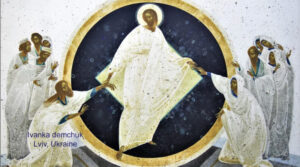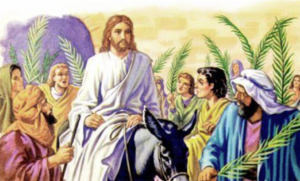The Epiphany of the Lord -
Saint Matthew’s Gospel story of the Three Magi (Matthew 2:1-12), not only suggests the relevance of Jesus’ birth to more than just the Israelites, it also adds a bit of mystery as to why these non-Israelite Magi have so high an interest in traveling to see this newborn Israelite King. Was their motivation spiritual in nature, or was it curiosity that motivated their searching? How do we know why anyone, ourselves included, does something?
WHAT MOTIVATES US NOW?
Several years ago I heard a Sunday Morning news contributor say that her mother’s attendance at daily Mass was “for the same reason I go running every morning” – to find and be with herself. That sounded to me as if the daughter’s “spirituality,” her “inner self” was totally independent of religious beliefs and, since that was all that she may have known or expperienced, she assumed that might be what motivated her mother’s routine of daily Mass attendance. She assumed her mother was attempting to “find herself.” I wonder how many of the people who attend daily Mass with me would agree with that? And I wonder how many would say that they come because they have found and want to be in God’s presence.
I see a few things going on here. First, we humans appear to be quite content with the way we are, with what we do and the way we think. We also seem to project our motivations to be the motivations of others. And do we, less than psychologically and spiritually is healthy for us, not take time to discover why we and others somewhat mindlessly think and act the way we do?
LOOKING INTO WHAT MAKES ME TICK
What does a person get as a result of spending twenty to thirty minutes trying “to find and be with themself”? What does one do during this time?
As a person who longs for and it trying to live my life with and in the presence of God, I cannot answer those questions, but I can andswer this question: What does a person get as a result of spending this amount of time at Mass, trying to find God and her true self at daily Mass?
At the Mass this mother listened to Scripture readings, not of her own choice but carefully selected to explore God’s across-the-ages relationship with God’s People. Her own relationship with God readied her to hear this Word of God. For her “God is not a distant force but a person that speaks and acts in history” and is doing so right now in her life and in the lives of those she loves. What might she learn about herself and them as she listens?
THE FEAST OF THE EPIPHANY READINGS
Matthew’s Magi are astrologers. Using the skills of their profession, they followed a star to Jerusalem, but to find the “newborn king of the Jews” (Matthew 2:2) they needed the chief priests and scribes of the Israelite religion to tell them that according to 2 Samuel 5:2 “the messiah is to be born in Bethlehem.”
When this mother had attended Mass, she may have heard the homilist encourage her, like the Magi, to let her self-driven spirituality “give way to something higher, richer, deeper.” The homilist may have encouraged her and us to learn what we can from our inner selves and from psychology, philosophy, mythology, etc. But he may have recommended that we do so realizing that all of this remains incomplete unless and until it draws us to Jesus, the God revealed in that newborn baby in the manger. Why? Because that baby is God – the divine love which made the universe and which seeks us out with the passion of a loving parent.
NOT OUR SEEKING OURSELVES, BUT GOD SEEKING US
Finally, the Magi teach us that it is not our seeking that matters most; it is that we are sought after by a God who has come for us. The Magi searched for the God-become-man King, and when they found him, they knelt down before him. We, too, must search. Why? Because God, not wanting to force himself on us, left us free to choose to find him and free to kneel before him. Are you and I ready to do that?
It is not too late for us to make a New Year’s resolution to let our self-directed spiritual seeking give way to a more God-directed spiritual seeking. I highly recommend finding a local daily Mass and taking the time to join those who gather there on most days. If you can’t do it every day, you can go when you can, or watch or listen online or use this U.S. Conference of Catholic Bishops website usccb.org and click on DAILY READINGS at the top of the page to read or listen to the daily readings – listening for what God is saying to you through your listening.
IS GOD REALLY THAT INTERESTED IN ME?
Each of us has to answer that for themself. That’s why you have a free will: to decide whether or not you want to believe it.
Could God care for us enough to be with us, to be here to help us? Do we believe that God made us, not to watch us helplessly stumble through our lives? Or is God patiently waiting for us to work with us and help us become whom God made us capable of becoming?
Sister Loretta





